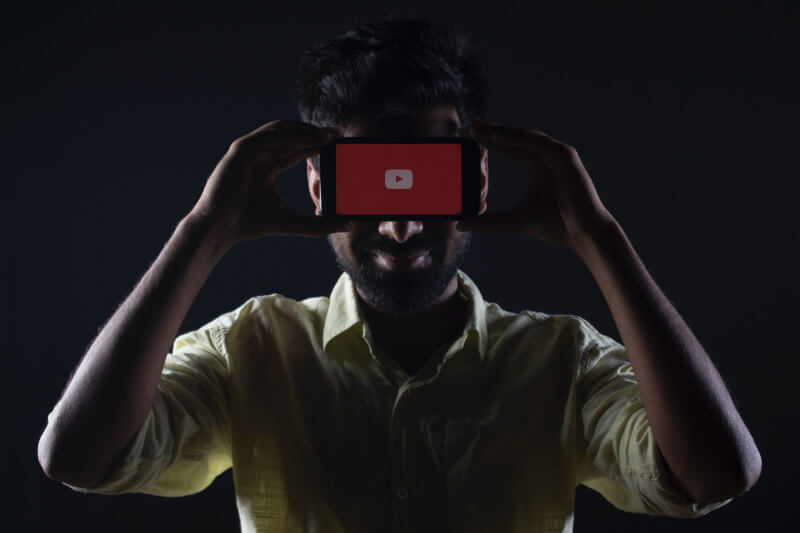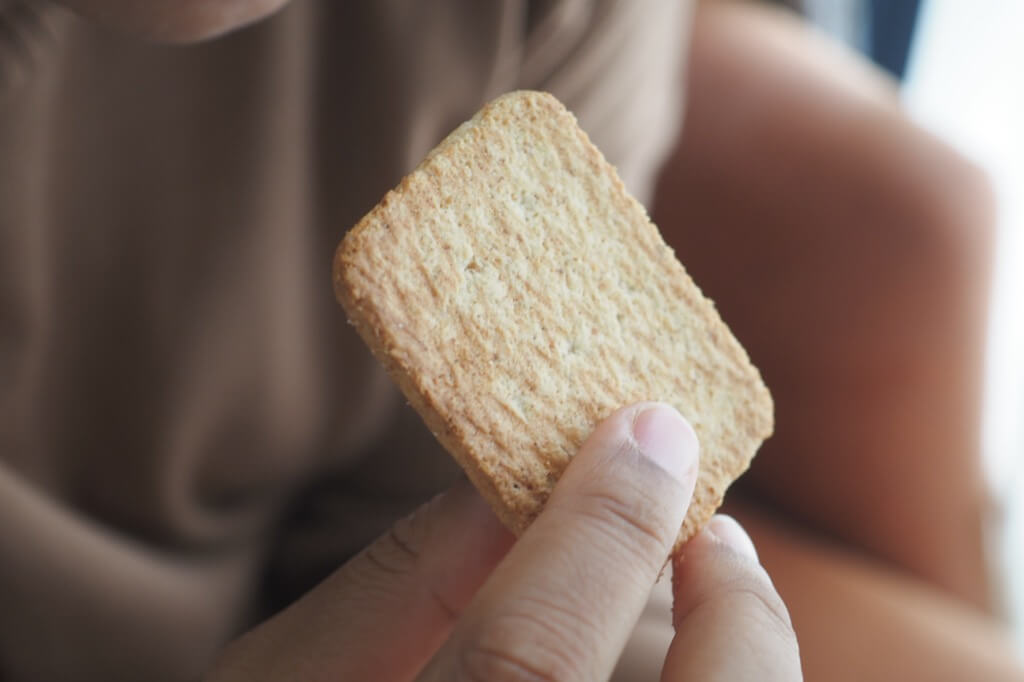Zimbabwe will have its elections in 2023, and young artists there are using platforms like YouTube to discuss politics and make parodies and critiques of the country’s autocratic regime through comedy.
Taffy Theman (Tafadzwa Ngubozabo) is a well-known social commentator who uses satire, music, and a fake news studio on his popular YouTube channel. Another option is Bustop TV, a media hub for young people that features animated shorts, chat shows, and political commentary. Meanwhile, at Magamba TV, they make biting political parodies of elected officials.
Zimbabwe, like many other African countries, is a young continent. It is estimated that more than 65 percent of the population is under the age of 35. The young people of Zimbabwe have suffered the most from the country’s policy of exclusion and marginalisation under an elderly leadership. Only five of the 210 legislators elected in the most recent elections in 2018 were younger than 35 years old. Violence against young people in Zimbabwe stems from a variety of sources, including targeted harassment, political patronage, and electoral manipulation.
Despite this, young people are creating new social media channels where they employ humour and satire to express political disapproval and ridicule authoritative figures. Teens and young adults have also taken to these mediums to share their thoughts on the elections, participate in voter education, and rally their peers to the polls.
While teaching English at the university level, my research interests have been on the role of youth and popular culture (including music and social media) in political protest in Zimbabwe. My most recent conference presentation dealt with cultural activism among urban adolescents in the age of social media.
Although dissenting voices have been suppressed in Zimbabwe, I believe that the digital age, and YouTube in particular, is providing new opportunities for young people to join in the debate. This demonstrates the power of digital and social media platforms for political mobilisation.
Young People’s Vote
Especially for young people outside of Zimbabwe’s crumbling economy, elections have not brought about much of a change. The result has been increased disinterest in politics among young people. In the tense elections of 2013, only 8% of eligible young Zimbabweans signed up to vote. However, after 37 years in power, Robert Mugabe was overthrown in a coup in 2017.
The number of young individuals who registered to vote in the 2018 election increased dramatically. The “pre-election tranquil surroundings, youth-to-youth mobilisation, the expectation of a new dispensation, civic education,” and other factors led to a 77% increase in the number of urban youth who registered to vote.
Despite the elections, at least six individuals were killed by the army in post-election violence. Under Emmerson Mnangagwa’s leadership, the ruling Zanu-PF party was firmly established. Still, in 2023, a sizable fraction of young Zimbabweans are taking part. The voter registration rate was approximately 65% among those 18-25 and 86% among those 26-35.
Use of Social Media

According to my findings, young Zimbabweans, especially those living in metropolitan areas, have sought solace in popular culture and social media as an escape from the country’s discriminatory politics. Not just for laughs and lighthearted relief, but also as a serious form of political commentary.
However, academics have disagreed on whether or not social media is a useful platform for political protest. Some detractors, such as Zimbabwean activist and journalist Hopewell Chin’ono, have criticised the “unfocused youth” for their casual approach to political matters on social media.
An increasing number of internet content creators, however, have arisen in recent years, providing insightful political analysis in their videos and articles. Particularly in the face of government repression, arrests, and torture, comedians and musicians have spoken out.
Taffy Theman
Taffy Theman, a 33-year-old Zimbabwean YouTuber and comedian currently in Australia, primarily utilises parody and satire to remark on Zimbabwean politics. He shares videos ranging from parody songs to newscasts critiquing the actions of the powerful.
With persistent electoral defects, he predicts another contested election in Zimbabwe in a new video titled The Political History of Zimbabwe from Cecil John Rhodes to Mnangagwa. From the time of colonisation to the present day, he explains how Zimbabwe’s political issues have developed. In another, he parodies Mnangagwa’s address to make fun of the president’s poor delivery and the intellectual hollowness that permeates his remarks.
Magamba TV and Bustop TV
Social media outlets like Bustop TV and Magamba TV highlight young people who utilise these platforms to criticise the government and make fun of its leaders through comedy and satire.
They have criticised political bullying and vote buying between themselves. They dealt with the problems of electoral fraud and the exploitation of young people as political pawns by the ruling party in Zimbabwe. Both the governing class and the opposition have been called out for making hollow promises during the election. Bustop TV has also organised a forum for young Zimbabweans to discuss the upcoming elections of 2023 called The People’s Bus. Some of these opinions have included backing the current administration.
Hope and Alteration
Watching the videos these producers have uploaded to YouTube, it’s clear that many young people in Zimbabwe are fed up with the country’s politicians, the lack of transformation, and the stagnation of the election processes.
Considering this, some young people are saying they must vote to bring about change in Zimbabwe because they believe change is still possible. Even though they paint a bleak picture of Zimbabwe, the new social media artists we’ve been talking about here are still encouraging young people there to get out and vote for a better future.




